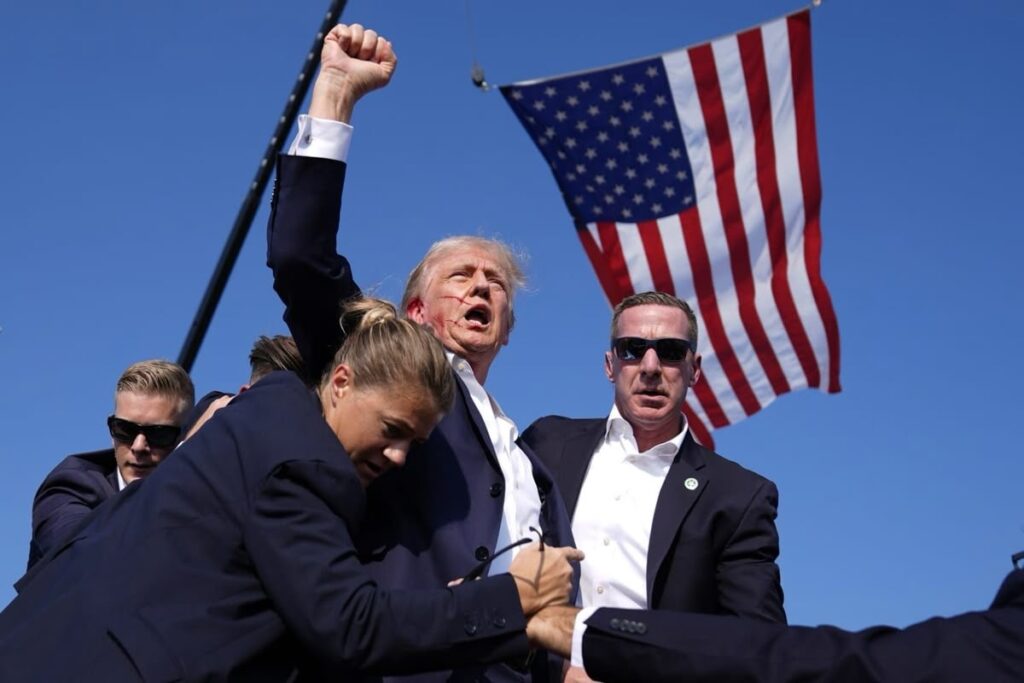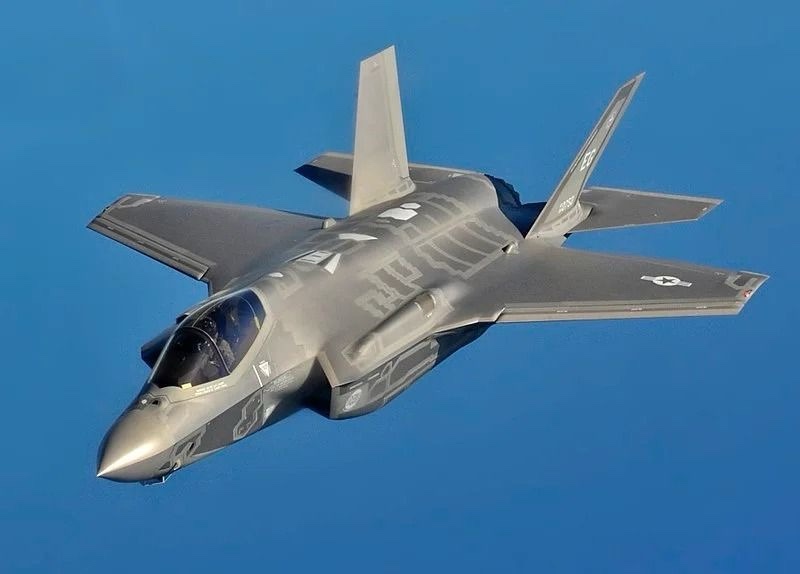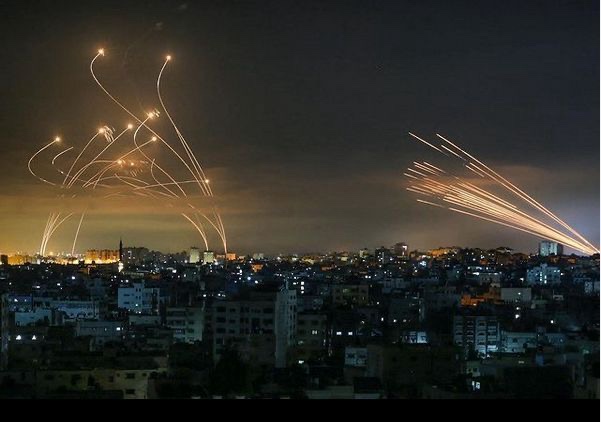
“In war, truth is the first casualty.” Aeschylus
It’s been over a month since the latest Israel Palestine war erupted. Over 10,000 lives have been lost most of them innocent civilians. The global media continues to show destruction, displacement, and despair.
But there’s one question that rarely gets asked

Who is really benefiting from this war?
The uncomfortable answer is Weapons manufacturers primarily American defense corporations.
War Is Good Business
Since the start of the conflict, shares of U.S. defense companies have surged by more than $30 billion. Leading arms manufacturers like Raytheon and General Dynamics openly told their investors that the war would boost business. Other major players, such as Lockheed Martin and Northrop Grumman, have seen their biggest stock increases in three years. Why?Because demand for their weapons has skyrocketed. Lockheed Martin supplies Israel with F-35 Lightning II fighter jets and Black Hawk helicopters. Northrop Grumman manufactures submarines and combat vehicles used in ground warfare.
A $3 Billion Fighter Jet Deal
In the Middle of War In July 2025, while bombs were still falling, Israel signed a $3 billion deal to purchase more F-35 fighter jets from the U.S.You might wonder where does Israel get the money to spend billions on weapons? The answer lies in a deal signed in 2016, during Barack Obama’s presidency. The U.S. agreed to give Israel $38 billion in military aid over 10 years. That’s $3.8 billion every year, funded by U.S. taxpayers. Today, 92% of all weapons imported by Israel come from the United States.

Alliances or Business?
Some people argue that it’s normal for allies to sell each other arms. But here’s the truth The weapons industry doesn’t care about alliances or peace. It only cares about profit. In January 2025, the U.S. State Department revealed that it had sold $205 billion worth of arms around the world in just one year a 49% increase over the previous year. These arms were sold to 58 countries, including not just Israel, but also Arab nations like. Saudi Arabia United Arab Emirates Qatar Kuwait Bahrain Lebanon Iraq
This raises an important and disturbing question?
If countries on both sides of a conflict are buying weapons from the same sellers, is peace even possible? Israel Not Just a Buyer, but a seller. Israel is also a rising player in the global arms market. In 2024, Israel sold over $12 billion worth of weapons to various countries. This included missiles, drones, rocket systems, and air defense technology. Shockingly, around 24% of Israel’s arms exports nearly $3 billion went to Arab countries.
The Top 5 Exporters Control 75% of Global Arms Trade
According to global arms trade reports, five countries the United States, Russia, France, China, and Israel are responsible for over 75% of all weapons exports worldwide. With this in mind, how can we expect the United Nations to pass meaningful resolutions to limit global arms sales when its most powerful members are the ones making billions from them?

The Rise of Mercenary Companies in Global Conflict
In today’s world, private companies aren’t just selling weapons for profit they’re also selling private armies. These are called mercenaries. One of the most notable examples is the Wagner Group, which gained attention during the Russia Ukraine war. The group even attempted to rebel against President Vladimir Putin, who later labeled it as anti state and shut it down. But here’s the shocking truth Russia itself created the Wagner Group.
The Birth of Wagner Group
Putin eventually admitted that Wagner was funded directly by the Russian state budget. After years of denial, he publicly acknowledged that over $1 billion USD was spent on the group in just one year. Dmitry Kiselyov, the head of a Russian state-controlled media outlet, revealed that the Russian government had funneled a total of $9.8 billion USD to Wagner over the years. This means Russian taxpayer money was being used to fund a private military company.
Why use Private Armies?
This raises a big question: Why wouldn’t Russia just use its own army instead of outsourcing war to a private group? The answer is simple cost effectiveness. Maintaining a national army involves Paying long-term salaries providing pensions Offering health insurance giving compensation to families of fallen soldiers. On the other hand, hiring a private army skips most of these obligations. A government just pays a fee to a private company, and that company sends in fighters. If mercenaries die in combat, there’s no national mourning no pensions and minimal political fallout especially when those fighters aren’t even citizens of the country they’re fighting for.
Who becomes a Mercenary?
So, who are these people willing to fight for money? Mercenaries often come from poor countries, where lack of education and employment pushes them into such dangerous jobs. These fighters are then deployed across the globe to fight wars on behalf of governments or corporations. The Wagner Group didn’t just fight in Ukraine. It has been active in Syria Sudan Mozambique Mali Burkina Faso Libya and Wagner isn’t the only one. Other Russian Private Military Companies Russia has also hired or supported many other private military groups, including. Patriot Don Brigade Moran Security Group Slavonic Corps ENOT Corp. These names might sound obscure, but they represent a growing global trend.
Israel’s Mercenary Network
This trend isn’t limited to Russia. Former Israeli army Lieutenant Colonel Yair Klein started a mercenary company called Spearhead Ltd He Supplied arms Trained death squads for Colombian right-wing paramilitary groups Provided services for drug lords like Pablo Escobar When the Colombian government tried to arrest him, like many wealthy war profiteers, he escaped easily. Israel is also famous for its cyber mercenaries hackers for hire. One Israeli group, Team Jorge, allegedly interfered in 33 presidential campaigns, succeeding in 27 of them. In December 2021, Facebook exposed and banned 7 cyber mercenary companies that targeted around 50,000 people globally four of them were based in Israel, including
Black Cube Cobwebs
You’ve probably heard of Pegasus spyware, too. That was also sold by an Israeli private company, NSO Group, to various governments worldwide for espionage purposes.
U.S. and Private Militias
In the U.S., between 1994 and 2007, around $300 billion USD was spent on 12 private military companies. One of the most infamous is Blackwater, founded by former U.S. Navy officer Erik Prince. This company recruited fighters from countries like Philippines Bosnia Israel Chile. Then sold their combat services to the highest bidder.

Conclusion
A Profitable Cycle of Violence In May 2025, a report by Oxfam once again warned that global arms sales are contributing to human suffering and instability. But the calls for restraint have been ignored. Wars continue. Lives are lost. And behind the scenes, stock markets cheer. The military-industrial complex is no conspiracy it’s a reality. As long as war remains profitable, peace will always be postponed.

